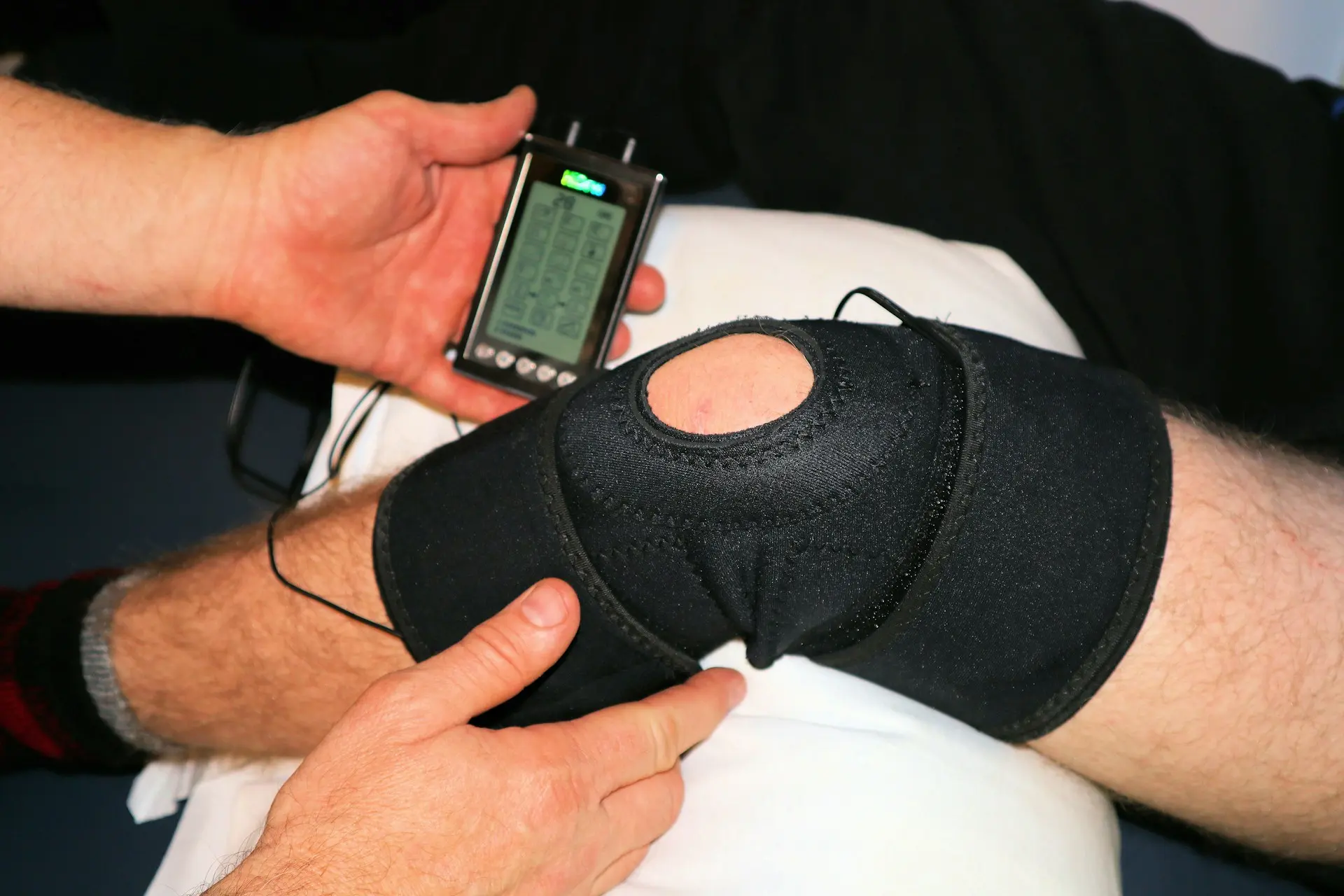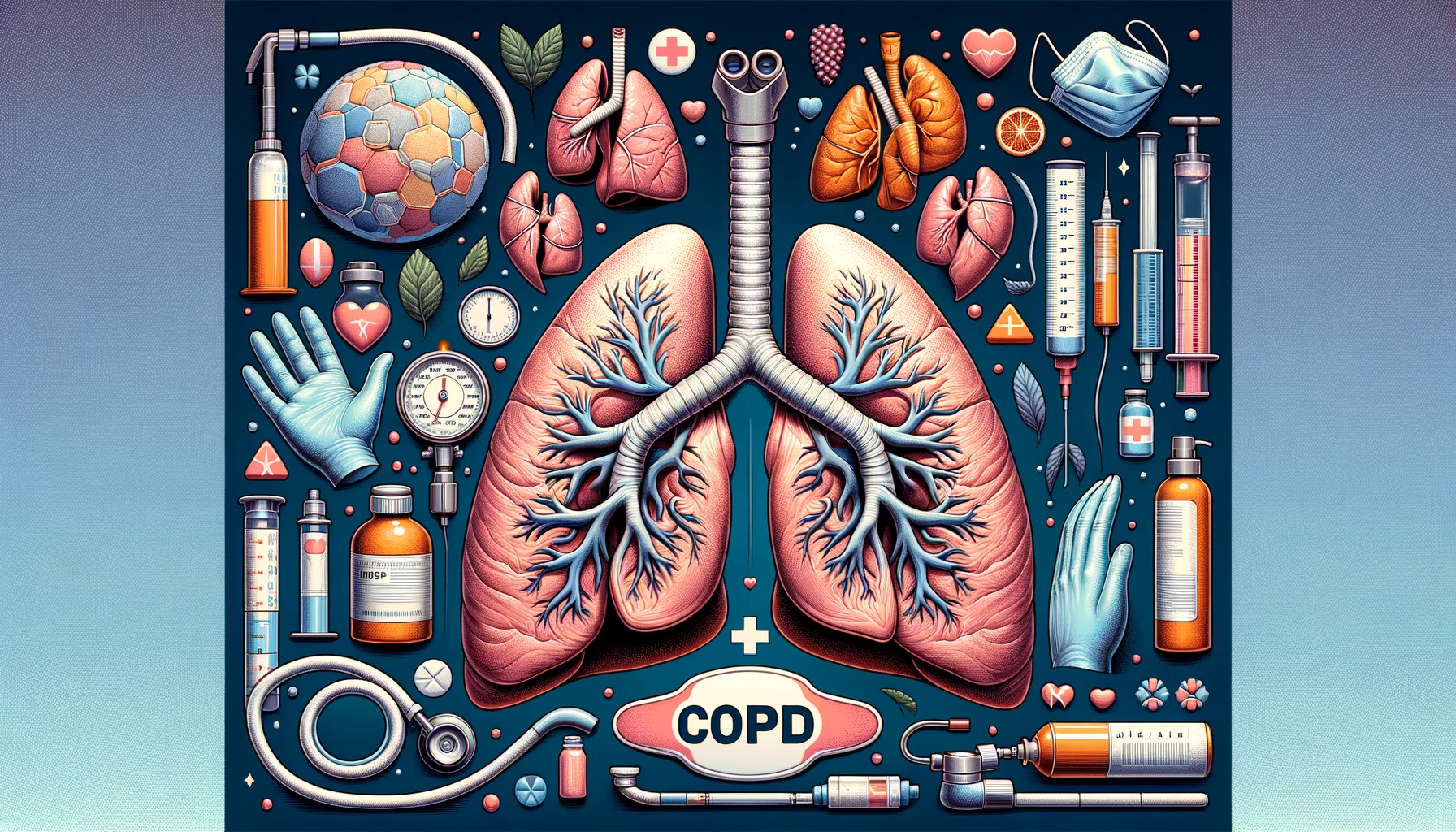Burning knee pain can be a debilitating condition that significantly affects mobility and quality of life.

Blog
Effective Ways to Treat Burning Knee Pain
Burning knee pain can be a debilitating condition that significantly affects mobility and quality of life. To effectively treat this discomfort, it's crucial to understand its underlying causes. One common cause of burning knee pain is inflammation, which can result from conditions such as arthritis, tendinitis, or bursitis. Additionally, injuries to the knee, such as strains or tears in the ligaments or meniscus, can also lead to burning sensations. Furthermore, overuse or repetitive stress on the knee joint can cause irritation and inflammation, resulting in persistent pain.
For immediate relief from burning knee pain, over-the-counter medications can be highly effective. Nonsteroidal anti-inflammatory drugs (NSAIDs) such as ibuprofen or naproxen can help reduce inflammation and alleviate discomfort. These medications can be particularly useful for managing pain associated with conditions like arthritis or bursitis. However, it's essential to use these medications as directed and consult with a healthcare professional if the pain persists or worsens.
Rest, ice, compression, and elevation (RICE) is a common approach to managing knee pain and promoting healing. Resting the affected knee allows tissues to recover and reduces strain on the joint. Applying ice packs to the knee can help reduce inflammation and numb the area, providing temporary relief from burning sensations. Compression bandages can help stabilize the knee joint and minimize swelling, while elevation helps reduce fluid buildup and improve circulation.
Physical therapy plays a crucial role in treating burning knee pain by strengthening the muscles around the knee joint, improving flexibility, and promoting proper alignment. A physical therapist can design a personalized exercise program tailored to your specific needs and abilities. These exercises may include stretches, strengthening exercises, and low-impact activities to improve range of motion and reduce pain. Additionally, maintaining a regular exercise routine can help prevent future knee injuries and alleviate chronic pain.
In addition to ice therapy, heat therapy can also provide relief from burning knee pain by promoting blood flow and relaxing muscles. Heat packs or warm compresses can be applied to the affected knee to soothe discomfort and stiffness. Furthermore, alternative treatments such as acupuncture, chiropractic care, or massage therapy may offer additional benefits for managing knee pain. These holistic approaches can help reduce tension, improve circulation, and enhance overall well-being.
Making lifestyle modifications and practicing self-care can also contribute to managing burning knee pain effectively. Maintaining a healthy weight reduces the stress on the knee joint and lowers the risk of developing chronic conditions such as arthritis. Incorporating low-impact exercises such as swimming or cycling can help strengthen the muscles surrounding the knee without causing further strain. Additionally, wearing supportive footwear and using orthotic inserts can provide stability and cushioning for the knees during daily activities.
If burning knee pain persists despite home remedies and self-care measures, it's essential to seek professional medical advice. A healthcare provider can conduct a thorough evaluation to determine the underlying cause of the pain and recommend appropriate treatment options. In some cases, advanced imaging tests such as X-rays or MRI scans may be necessary to diagnose structural issues within the knee joint. Based on the diagnosis, treatment options may include corticosteroid injections, orthopedic interventions, or surgical procedures to address the underlying cause of the pain effectively.
Burning knee pain can significantly impact daily activities and diminish quality of life, but with the right approach, it can be effectively managed. By understanding the underlying causes of knee pain and implementing a combination of treatments, including medication, physical therapy, lifestyle modifications, and professional medical guidance, individuals can find relief and regain mobility. Remember to consult with a healthcare professional for personalized advice and recommendations tailored to your specific needs. With dedication and persistence, it's possible to overcome burning knee pain and enjoy an active, pain-free lifestyle.
For immediate relief from burning knee pain, over-the-counter medications can be highly effective. Nonsteroidal anti-inflammatory drugs (NSAIDs) such as ibuprofen or naproxen can help reduce inflammation and alleviate discomfort. These medications can be particularly useful for managing pain associated with conditions like arthritis or bursitis. However, it's essential to use these medications as directed and consult with a healthcare professional if the pain persists or worsens.
Rest, ice, compression, and elevation (RICE) is a common approach to managing knee pain and promoting healing. Resting the affected knee allows tissues to recover and reduces strain on the joint. Applying ice packs to the knee can help reduce inflammation and numb the area, providing temporary relief from burning sensations. Compression bandages can help stabilize the knee joint and minimize swelling, while elevation helps reduce fluid buildup and improve circulation.
Burning knee pain can significantly impact daily activities and diminish quality of life, but with the right approach, it can be effectively managed. By understanding the underlying causes of knee pain and implementing a combination of treatments, including medication, physical therapy, lifestyle modifications, and professional medical guidance, individuals can find relief and regain mobility. Remember to consult with a healthcare professional for personalized advice and recommendations tailored to your specific needs. With dedication and persistence, it's possible to overcome burning knee pain and enjoy an active, pain-free lifestyle.
Need Personalized Health Guidance?
Get expert advice tailored to your specific health needs from our qualified healthcare professionals.





